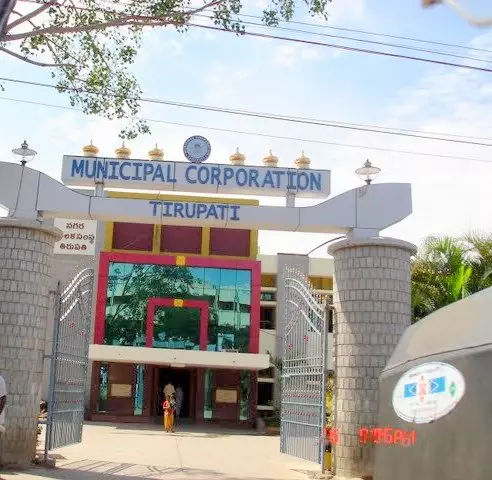
Amarvati, June 17: Andhra Pradesh Chief Minister N Chandrababu Naidu on Tuesday announced a ban on single-use plastics in four key cities of Vizag, Vijayawada, Tirupati and Rajahmundry along with 17 other municipal corporations from October 2.
The CM called for the increased use of cloth bags in these places and directed officials to establish 157 Reduce-Reuse-Recycle centres across 87 urban locations.
By October 2 this year, the Chief Minister directed that single-use plastics be completely banned in four major cities, Visakhapatnam, Vijayawada, Tirupati and Rajahmundry, along with 17 other municipal corporations, said an official release, quoting the CM.
Reviewing circular economy initiatives, the TDP supremo instructed officials to formulate a new policy on circular economy within two months, signalling a robust commitment to strengthening the waste management system in the state.
As part of this vision, three circular economy parks will be established in different regions of the state within a year and called for increased deployment of modern machinery in waste-to-energy plants, said the press release.
The CM also directed officials to submit an action plan on waste segregation within 90 days and deliberated on wealth creation from waste and the reuse of resources.
Proposals from the Material Recycling Association of India regarding the establishment of circular economy parks were also reviewed.
In the first phase, a park will be set up on 400 acres in Visakhapatnam, designed to meet international standards, said the release.
Further, Naidu directed officials to develop a comprehensive plan for 11 sectors identified by the central government under the circular economy framework.
These sectors include municipal waste, vehicles, lithium batteries, gypsum, tyres, rubber, electronics, agriculture, industry, and aqua waste.
To encourage best practices, the Chief Minister proposed introduction of ‘Swachhta’ awards from October 2 next year for individuals and institutions demonstrating excellence in waste management.
Meanwhile, officials apprised the CM of 52 waste clusters established across the state, two in each district, covering urban and panchayat areas.
Annually, the southern state generates 36,588 tonnes of battery and automotive waste, 61,996 tonnes of plastic and PET bottle waste, 23,928 litres of engine and hydraulic oil waste, and 59,654 tonnes of tyre and rubber waste, added the release.
Similarly, agriculture contributes over four million tonnes of waste annually, while livestock, aqua, and poultry sectors together account for 35 million tonnes.
In rural areas, 1,329 metric tonnes of waste is generated daily from 8.8 million households.
Officials also elaborated on incentives provided for circular economy initiatives in Rajasthan, Karnataka, and Maharashtra for the Chief Minister’s consideration.
Effective implementation of the circular economy model in Andhra Pradesh could boost the state’s Gross State Domestic Product (GSDP) by an estimated Rs 15,000 crore annually, among other benefits, the press release added.





